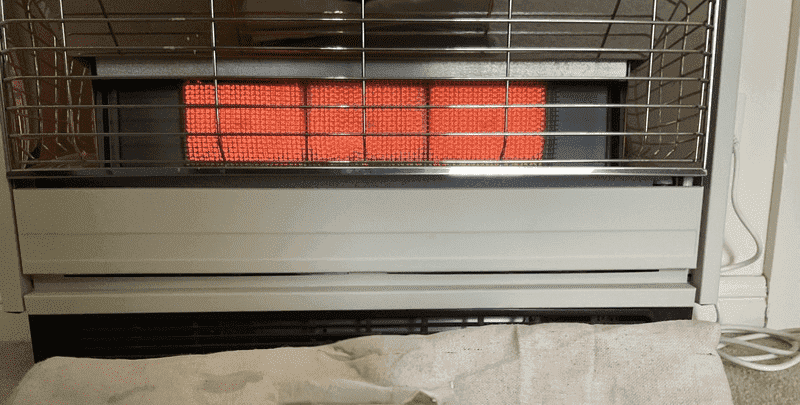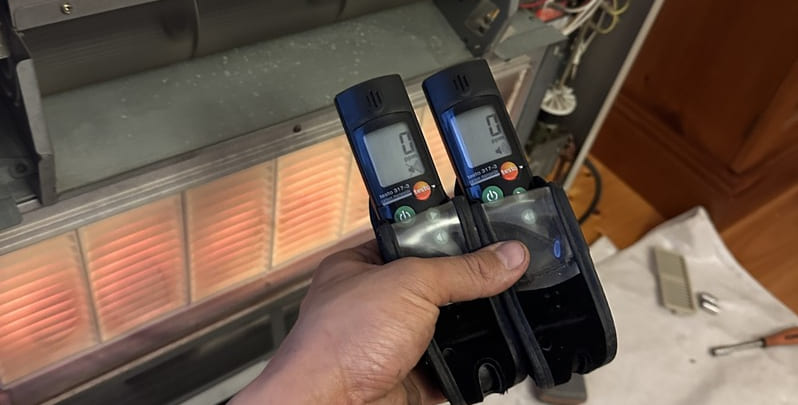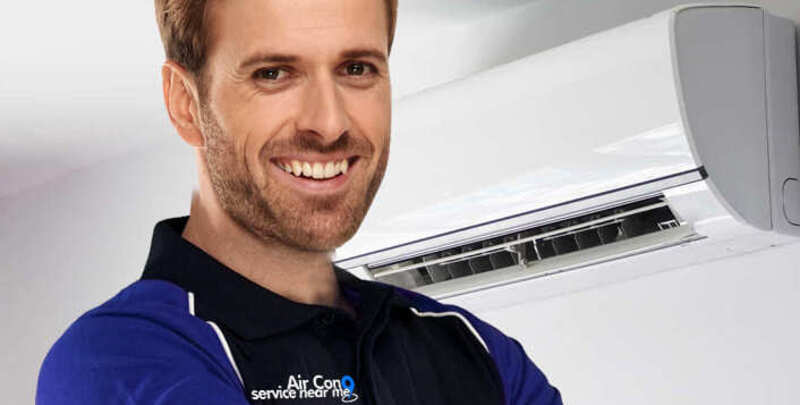Are gas space heaters safe for Australian homes? The humble indoor gas heater plays a significant role in keeping households cosy during colder months. As is the case with many gas appliances though, concerns about their safety often arise.
These concerns are not necessarily unfounded, either, especially when it comes to risks around carbon monoxide poisoning and fire hazard. Homeowners must understand how their gas heater works and how to avoid potential dangers.
From the living room heater to outdoor patio heaters, we’re here to explore the all-important safety aspects that you need to consider. We’ll look at everything from the importance of licensed installation and proper ventilation, to how often you need to get your gas heater serviced.
How Gas Heaters Work
Gas space heaters – both indoor and outdoor heaters – work by burning gas, typically natural gas or liquefied petroleum gas (LPG), to generate heat. The process involves igniting a gas burner, which creates a flame that heats the air.
When it comes to gas space heaters you have two key options:
- An open-flued gas heater vents all combustion gases outside.
- An unflued gas heater releases gases directly into the room.
Proper ventilation is essential for any gas heating appliances to prevent the build-up of harmful combustion products like carbon monoxide and nitrogen dioxide. For outdoor gas heaters, the open fresh air helps disperse these by-products, making them ideal for patios and gardens.

Carbon Monoxide: The Invisible Gas Heater Danger
Carbon monoxide (CO) is an invisible, odourless gas produced during the combustion process in gas heaters and other gas appliances. It’s extremely dangerous and poses a serious risk to people, as inhaling CO can lead to symptoms that include:
- headaches
- dizziness
- unconsciousness
In a worst-case scenario, it can even result in death. The danger around carbon monoxide lies in its ability to replace oxygen in the bloodstream, which results in carbon monoxide poisoning.
To protect the occupants of your home against this invisible threat, install a carbon monoxide alarm near your gas space heater. CO alarms provide visual and audible alarms indicating unsafe CO levels. Regular maintenance by a qualified gas fitter is crucial. It will make sure your gas space heater operates efficiently and prevents harmful CO build-up.
Legal Requirements for Gas Installations
Here in Australia, gas installations are subject to strict legal requirements that safeguard the safety and well-being of us all.
You will need a licensed gas fitter to carry out any installation, maintenance, or repair of a gas space heater. Like any gas appliance in your home, this is to guarantee that the work meets safety standards set by Australian state and territory governments. It also reduces the risk of gas leaks, fires, or CO poisoning.
Not only do we advise homeowners against attempting DIY gas installations for safety risk purposes, but it is also illegal. DIY installations are also often a breach of the manufacturer’s instructions and can potentially void the warranty of your gas heater. By choosing a qualified gasfitter, you’ll guarantee that your gas heater is professionally installed and maintained correctly.
The Importance of Adequate Ventilation
To use your gas heater safely, you must have sufficient ventilation. This prevents the build-up of harmful combustion by-products, such as carbon monoxide and nitrogen dioxide.
Though many homes in Australia are replacing their existing unflued gas heater with an open flued model, there are still some homes that are still running them. To safely do so:
- Have enough fresh air to expel these gases and maintain safe indoor air quality.
- Keep windows open and use your exhaust fan to avoid inadequate ventilation.
- Regularly check the vents of any open-flued gas heaters for blockages.
By maintaining adequate airflow and following these measures, Australians can enjoy the benefits of heating with gas without compromising their health and safety. This fosters a comfortable living environment while minimising the risk of hazardous air quality issues.
Regular Maintenance for Safe Operation
To continue running gas space heaters safely in your home, regular maintenance is essential.
Like a gas oven or hot water system, gas heaters rely on combustion to produce heat. This makes them prone to issues such as gas leaks, blockages, and malfunctioning burners. To avoid dangerous situations, such as CO poisoning or fire hazards, get your heater serviced by a qualified technician at least once a year. This includes checking:
- gas connections
- flue vents, and
- burner components
Doing so will make sure everything functions efficiently and safely.
Homeowners should stay alert to signs of heater issues, such as strange noises or smells, addressing them promptly to prevent potential dangers and ensure safe, comfortable heating.
Additional Safety Precautions
In addition to routine maintenance tasks, homeowners can put in place several added safety measures to ensure the safe operation of their gas space heaters.
- Install carbon monoxide alarms in living areas. These provide visual and audible alerts at dangerous CO levels, offering an extra layer of protection.
- Keep curtains and furniture at a safe distance from heaters to reduce fire hazards.
- Keep heater’s exhaust fans or flue vents are clear of obstructions. This will keep ventilation at optimal levels.
- Follow the manufacturer’s instructions carefully, especially around heater placement and maintenance.
Lastly, avoid using unflued gas heaters in poorly ventilated spaces. You’ll avoid harmful gas build-up and provide a safe environment for all occupants of your home.

Recognising and Addressing Unsafe Heaters
Homeowners need to recognise signs of an unsafe heater, as it can pose serious health and safety risks.
If you smell gas, hear strange noises or notice flickering flames, these can indicate issues such as incomplete combustion, gas leaks, or blockages in the burner or flue. If any of these symptoms occur, turn off the heater immediately and contact a licensed gas fitter for inspection. Stop using the heater until a gas fitter or heating and cooling technician has repaired it and declared it safe.
Gas Space Heater Alternatives
Of course, if you’re a little wary about the safety of gas heaters, or don’t have a suitable gas supply to meet your gas heating needs, there are various alternatives you can consider.
- Electric heaters provide a safe and convenient option, one that avoids combustion and its various risks.
- Reverse cycle split system units combine heating and cooling capabilities, making them versatile for year-round use.
- Ducted or central heating units powered by electricity offer another alternative, distributing heat evenly throughout the home.
By exploring these options, homeowners can choose a heating solution that balances safety, efficiency, and comfort for their unique needs.
Stay Safe and Warm with Gas Heating
Gas heaters offer an efficient way to keep Australian homes cosy during colder months, but maximising their safety is crucial. Homeowners must call on a licensed gas fitter for proper installation, maintain adequate ventilation, and conduct regular maintenance checks. Installing carbon monoxide alarms can be a useful back up precaution, as can keeping flammable objects away.
By understanding and managing the risks, Australians can confidently enjoy the warmth of gas heating.
Please note: This information is provided for advice purposes only. Regulations differ from state to state, so please consult your local authorities or an industry professional before proceeding with any work. See our Terms & Conditions here.

